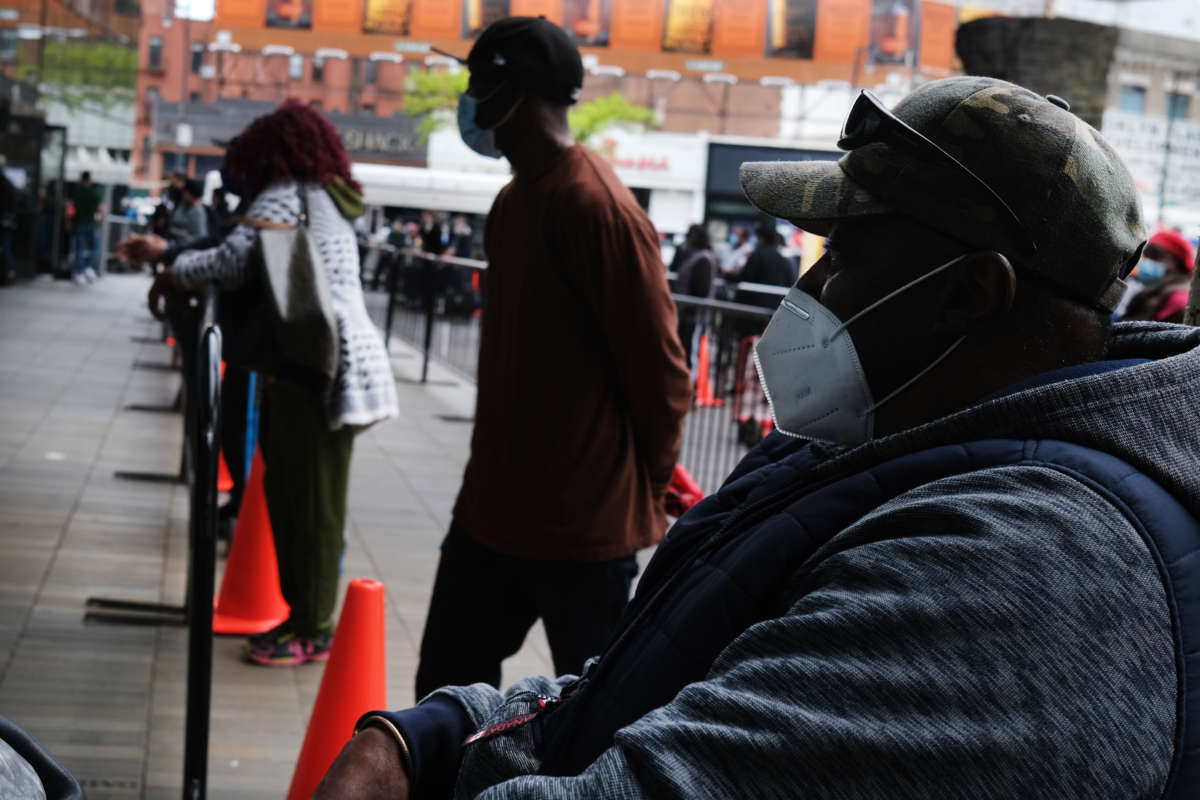A new report details how racial inequities in American society contributed to higher rates of unemployment within Black communities as compared to rates among whites during the economic downturn brought on by coronavirus.
While signs of economic duress were evident earlier this year, for the most part the unemployment situation for American workers didn’t appear to be too shaky in February and March, when the rates of unemployment among the general population were 3.5 percent and 4.4 percent, respectively.
Among Black workers, however, there was a more noticeable change, with 5.8 percent being unemployed in February and 6.7 percent unemployed in March (compared to 3.1 percent and 4.0 percent in those respective months for white workers), according to findings from The Economic Policy Institute (EPI).
April was a month that hit the nation hard economically, as social distancing measures and stay-at-home orders across the country resulted in mass layoffs, shuttered businesses and firings. No demographic was safe from those layoffs, but Black and Latinx communities saw much bigger dips in their employment figures during that time.
While white workers overall saw 14.2 percent unemployment, Black workers saw a rate of 16.7 percent — or one in every six workers — unemployed in that month. Latinx workers were similarly laid off or fired at a higher rate than white workers, with an 18.9 percent unemployment rate.
Unemployment numbers do not take into account those who do not apply for or qualify for unemployment, however, which means the number of people not working is likely much higher — and in the case of Black workers, significantly so. According to the report’s findings, less than half of workers in America who are Black were able to keep working by the end of April.
EPI tried to explain in its report, released on June 1, why Black workers were more likely to be laid off than white workers were at that time. The report recognized that, due to the spread of coronavirus and the closing of businesses across the country, workers overall were split into one of three different groups: those who had essential jobs and kept working; those who lost their jobs (by either being fired or laid off); and those who were able to work from home.
That last category of workers, however, was less likely to include Black individuals, according to EPI. Indeed, fewer than 1 in 5 Black workers were able to work out of their homes during the pandemic shutdown.
Among Black workers who were able to continue working because they were employed in essential services, the news is equally bleak, especially in regards to their chances of being infected with COVID-19.
Black workers are “disproportionately represented in employment in grocery, convenience, and drug stores, public transit, trucking, warehouse, and postal service, health care, and child care and social services,” the study said. “While, in the near-term, this protects them from job loss, it exposes them to greater likelihood of contracting COVID-19 while performing their jobs.”
The pandemic likely hit Black workers harder “because a long history of racial exclusion, discrimination, and inequality have resulted in fewer earners in their families, lower incomes, and lower liquid wealth than white workers,” the report added.
Press freedom is under attack
As Trump cracks down on political speech, independent media is increasingly necessary.
Truthout produces reporting you won’t see in the mainstream: journalism from the frontlines of global conflict, interviews with grassroots movement leaders, high-quality legal analysis and more.
Our work is possible thanks to reader support. Help Truthout catalyze change and social justice — make a tax-deductible monthly or one-time donation today.
